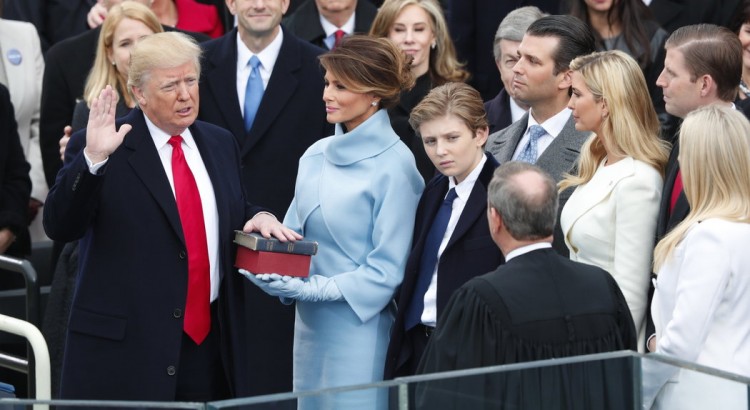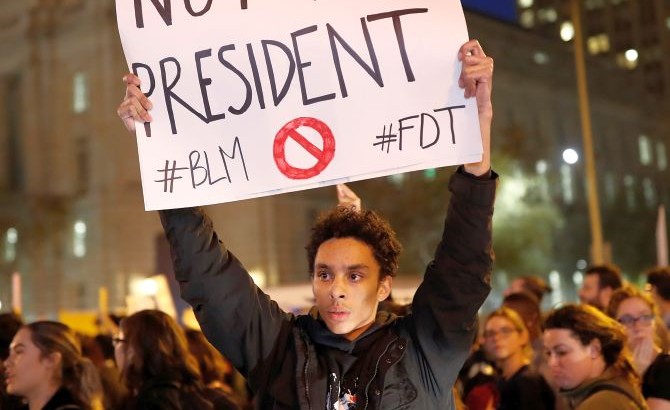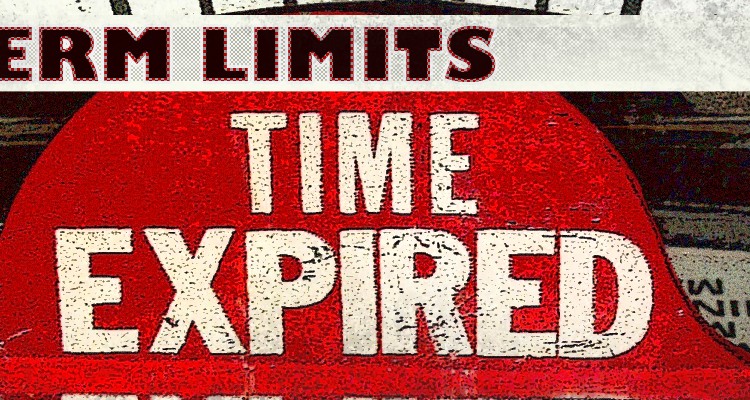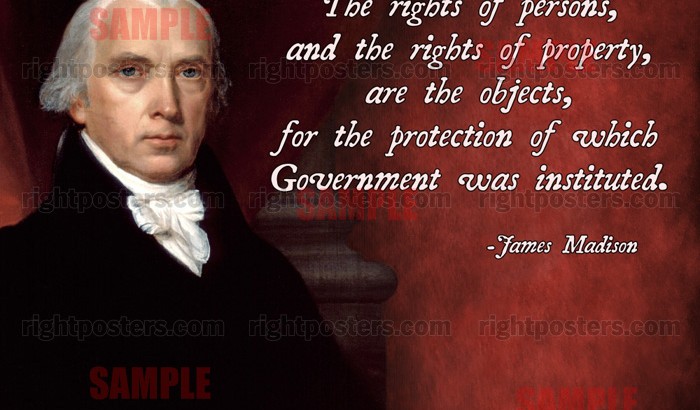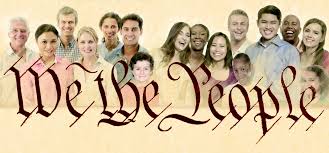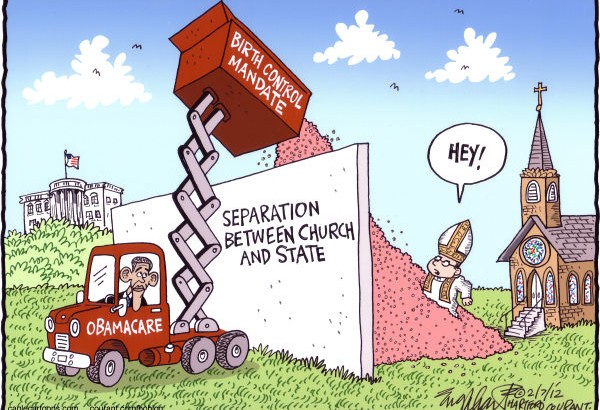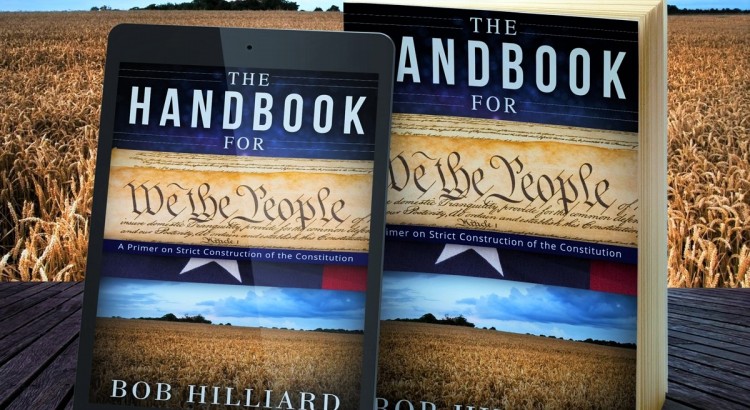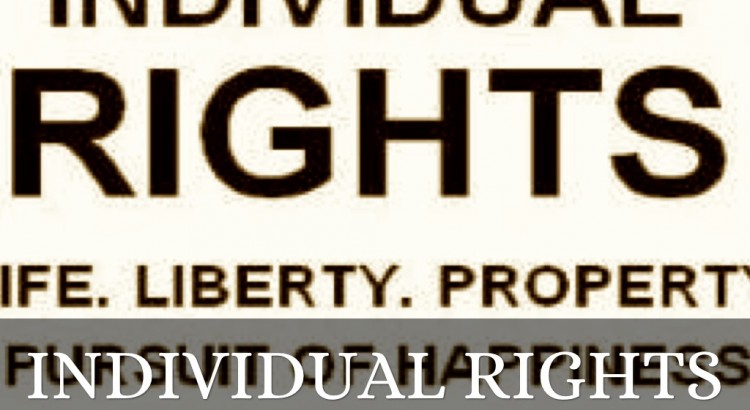I’ve had it with these Democrat leaders and their minions spouting off that Donald Trump is an illegitimate president. In making such an inaccurate claim they expose their ignorance of the English language, our Constitution and the principles of federalism. In short, they are behaving in a petulant and childish manner, hardly worthy of leadership in our great country.
First, the term “illegitimate” is defined to be “not authorized by the law; not in accordance with accepted standards or rules.” By claiming that Donald Trump’s presidency is “illegitimate” they are stating that his ascension to that office was “not authorized by the law.” Article VI of our Constitution states “This Constitution,…shall be the supreme Law of the Land.” This being the case we must then ask “Was Donald Trump elected in accordance with the dictates of the Constitution, which is the Law when it comes to such a matter?” Article II, Section 1 of the Constitution regarding the election of the President states he shall “be elected as follows: Each State shall appoint, in such Manner as the Legislature thereof may direct, a Number of Electors…” The 12th Amendment then spells out how these Electors from the states are to select a new President: “The Electors shall meet in their respective states, and vote by ballot for President and Vice President…The person having the greatest number of votes shall be the President.” In the 2016 Presidential election, Donald Trump received 306 electoral votes and Hillary Clinton only 232. Donald Trump received “the greatest number of votes”, and therefore, according to “the Law”, (i.e., the Constitution as quoted above), he is the legitimate President of these United States.
Having now educated the Democrats regarding their ignorance of the definition of English terms and the Constitution, there is their final area of ignorance, namely that of federalism. Those protesting Donald Trump as a legitimate president repeatedly fall back on the fact that he failed to win the popular vote (a matter of suspect given the number of illegals voting in California for instance, and other voting issues). They talk about being a democracy when we are a federal republic. Simply put, this means that citizens within a state have democratically elected individuals to serve as “Electors”, who in turn, in accordance with the law of the Constitution, select the President. The reason the founders set up this system was to ensure that smaller states would not be ignored in the selection of the individual who would hold power over them. This electoral arrangement preserves the power of the states as a check against one another so that a few states do not dictate to the many.
As for correcting their petulant and childish behavior the only solution is the one recommended by James Madison in the Federalist Papers – replacing them in the next election cycle. Our nation deserves and needs better than what we are witnessing from these individuals.
-February 3, 2017
